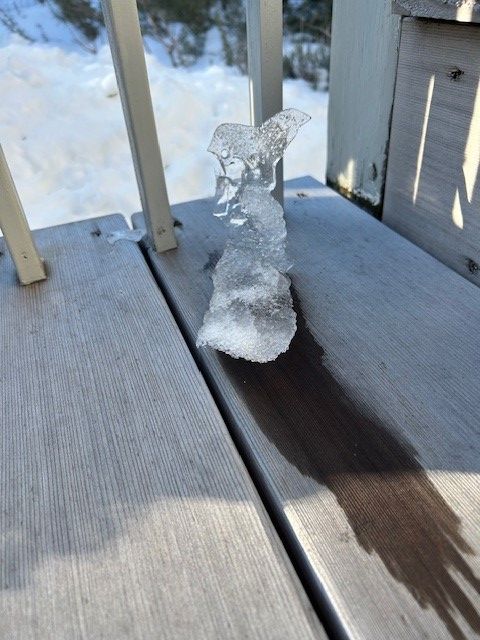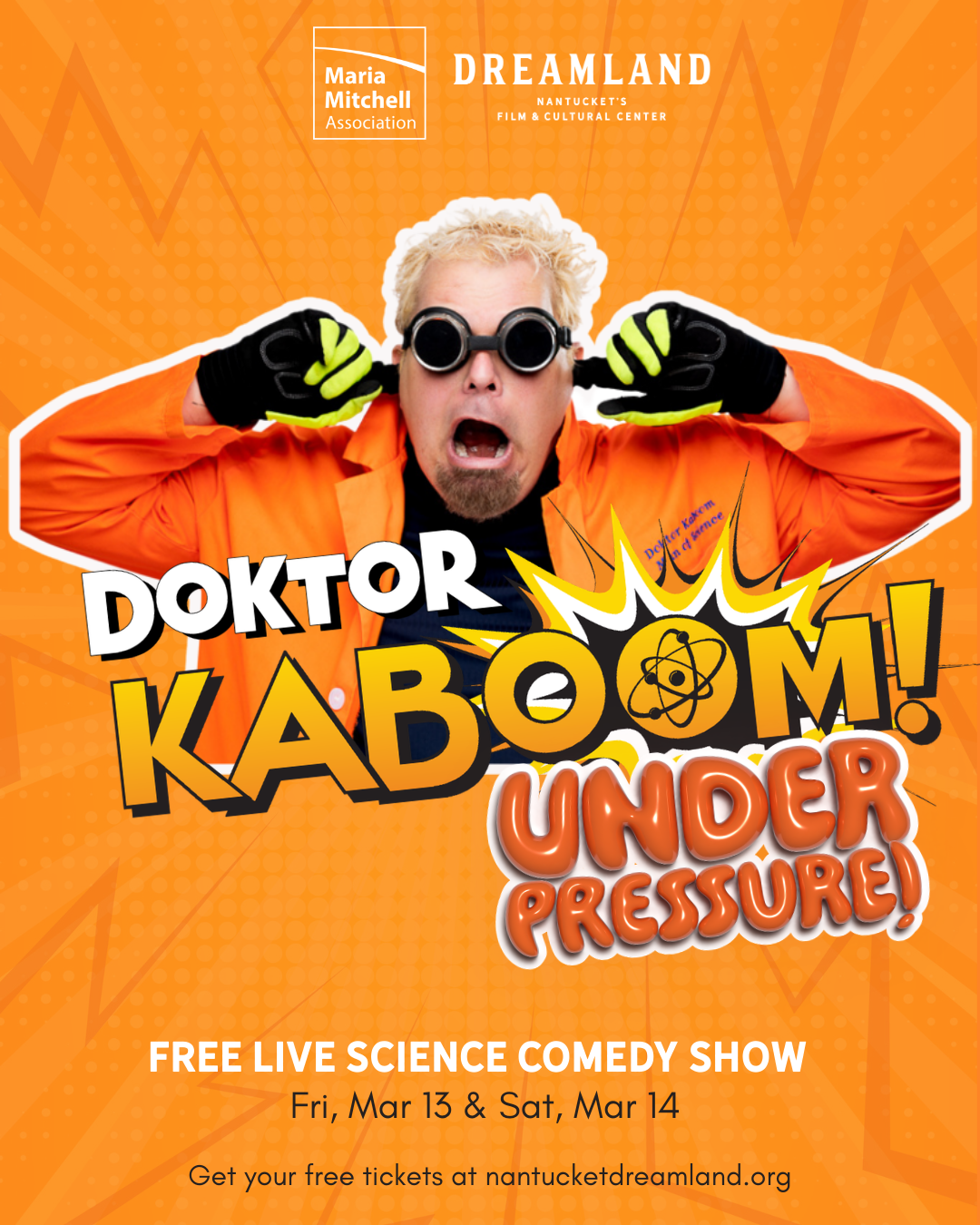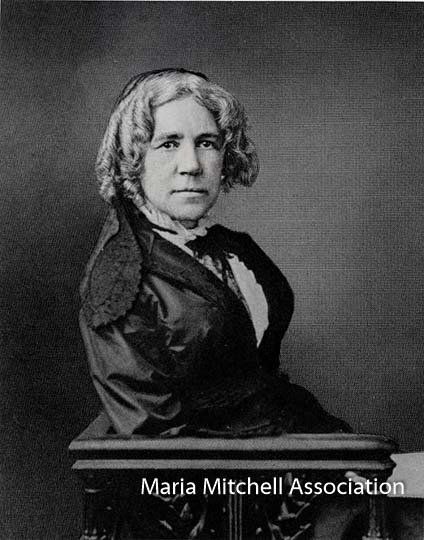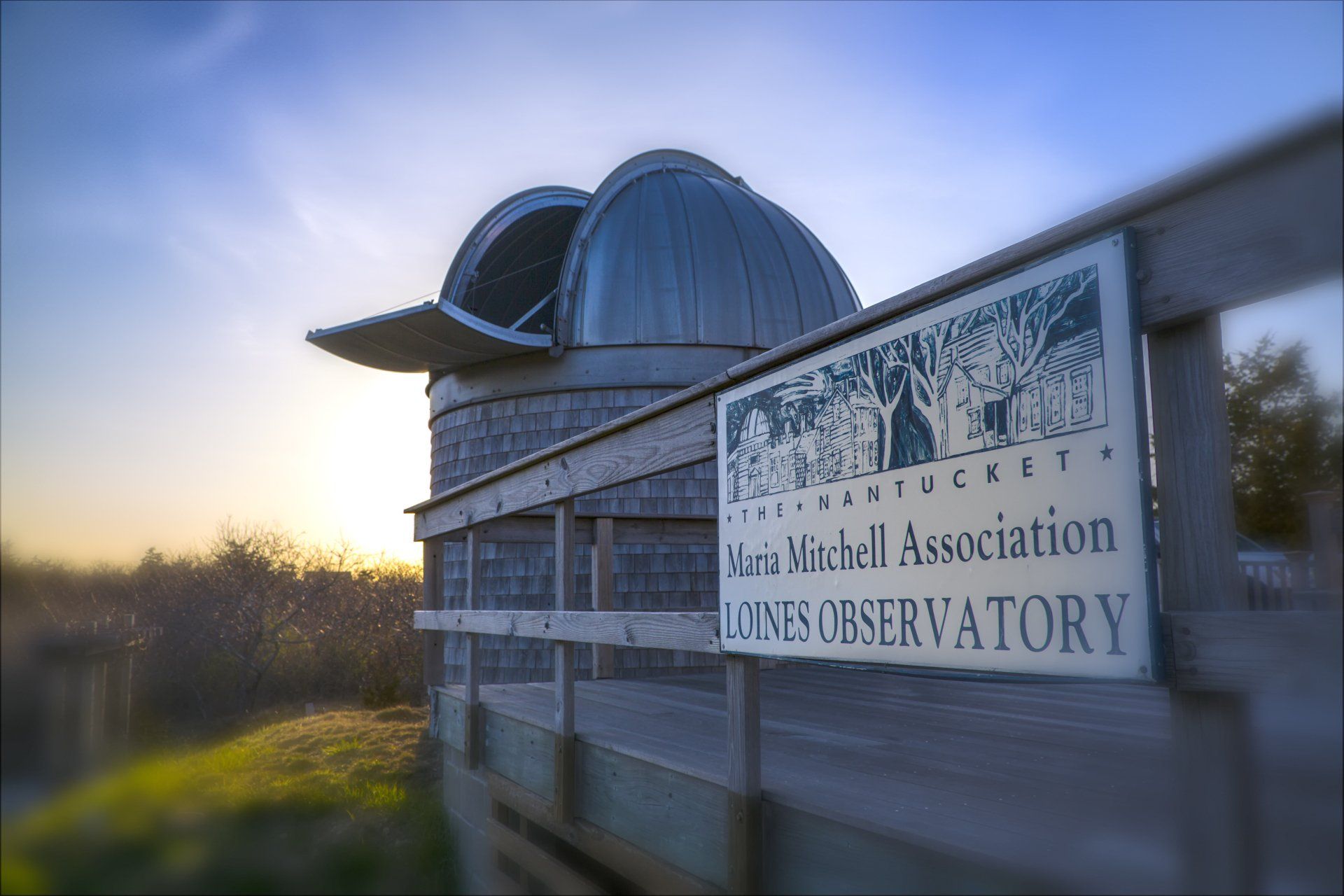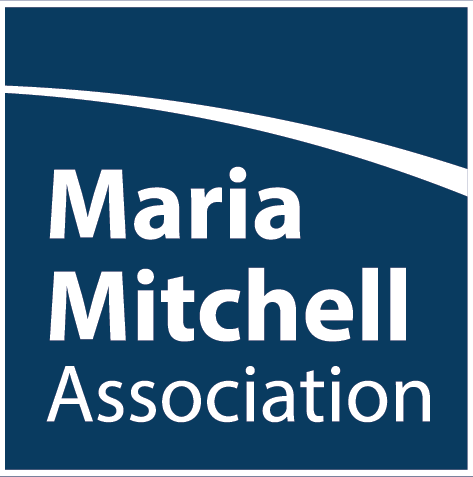Where Was The Maria Mitchell Association In 1918?
As a historian and curator, I am often thinking about the past and how it affects the present day, how it affects different situations, and the similarities. I also like to look at how people react to the same or similar situations in different eras. The Coronavirus/COVID-19 Pandemic situation is no different for me.
I peruse our old MMA annual reports quite often for various bits of information whether it be from a standpoint of something that happened at the MMA, perhaps work that was done on the buildings or information about staff members of many years ago. While I have been around for quite a bit of time (thirty years plus), I was not obviously around in the 1920s or 1940s (even though I may seem of a different era to some) and thus need to take a look back. The annual reports are always a good place to start before I head into the Archives.
I’ve spent quite a bit of time looking at our annual reports of the early 1900s and through the 1930s because of the more recent work we have done on our Science Library – now our Research Center re-opened in 2018 – and the conservation and restoration work that we are hoping to complete to the Maria Mitchell Vestal Street Observatory with several grants. So, I took a walk back to 1918 because I do not remember reading much about the “Spanish Flu Pandemic” of 1918-1919. On Nantucket, the 1918 Pandemic was prevalent – most notably during the “second wave” in the Fall of 1918. I only found one mention of the 1918 Pandemic in the annual reports and that was in our first astronomer’s, Margaret Harwood, report on the Observatory. In it, she mentions having to cancel the open nights in November 1918 due to the flu on Nantucket. That’s it. No other mention. The Boston-area was hard hit during this “second wave” – with a belief that Fort Devens was one of the major places to see the resurgence in the Fall of 1918 as soldiers came from across the country on their way to and from Europe.
Miss Harwood did focus on the war in her reports of the time – she had taken quite a bit of time off to assist the Red Cross and other entities in the efforts to support the troops. Of note, in articles that I have read about this period, the war did continue to – obviously – take center-stage keeping the flu pandemic relegated to interior pages of the newspapers. Most of the people who survived the flu pandemic – my great grandfather, a pharmacist, caught it and survived – are gone and if they are still with us today they were infants or young toddlers. One woman who recently passed away at 102 years old, survived the Pandemic of 1918 only to lose her life to the current Pandemic. What was curious – I’m not even sure what word to use – is that she lost her infant twin in the 1918 Pandemic. Both lost to a flu pandemic – but 102 years apart.
I guess my point here is that we as an island, a country, a world, have been through quite a bit to put it mildly – both then and now. The MMA survived through the pandemic of 1918-1919, the Great War, the stock market crash in 1929 and the ensuing Great Depression, and World War II among many other catastrophic and world-altering events. The MMA moved and renovated William Mitchell’s former schoolhouse into the MMA Science Library in 1918 and 1919 and added a Wing to the Science Library in the midst of the Great Depression. My friend and mentor and the MMA’s former Ornithologist, Edith Folger Andrews, stepped in as the biology teacher for Nantucket high school students when their science teacher was drafted in World War II. The MMA made it through other uncertain times and stock market recessions and lows, including the Great Recession of 2008. After this, no one will be untouched, our world will be different, but we will all still be here – including here at the MMA where we will continue to be to help you learn more about the world around you – from land to sea to sky.
Wash your hands. Cover your mouth and nose. Be well. Stay safe. Stay at home unless you are an essential worker.
JNLF
Recent Posts
